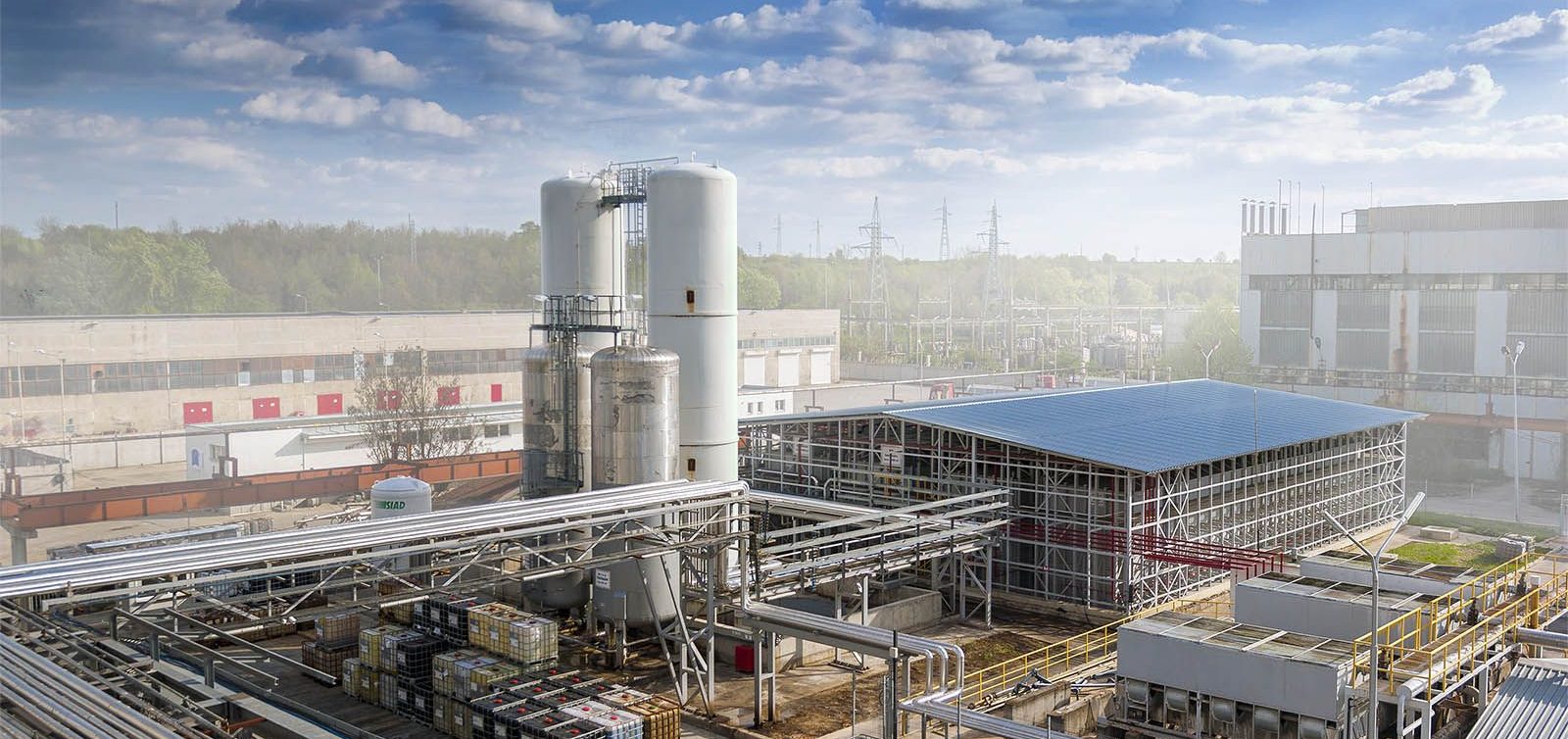Lye soap is a cleaning product that is made using lard, water, and lye. It was historically used around the world before commercially produced soaps became commonly available, and is still used by many people because of its potential benefits for skin and because of its all-natural recipe. Though it’s primarily used for personal hygiene, this soap can also be used to do laundry and general house cleaning.
Ingredients
The main ingredient, lye, is a very corrosive material that’s also used in making drain cleaner and paper. It is sometimes sold as caustic soda or sodium hydroxide, and is often found in hardware stores or from soap-making supplies vendors. Lard is animal fat, generally made from farm animals, like pigs. It gives the end product shape and a smooth texture. Water is used primarily as a distilling agent for the lye, and as a thinner for the final product. When combined, the ingredients interact with each other to form glycerin, which attracts dirt and oil and allows them to be cleaned away.
Uses
Most people use this product as a body cleanser, but it can also be used for shaving and shampooing. Besides personal hygiene, lye soap can be flaked and added to a washing machine to wash clothes, or rubbed on stains to pre-treat them before washing. It also works well for general household cleaning, washing pets, doing dishes, and mopping. Some people also say that it makes a good fish bait, and can be used to oil stuck hinges.
Advantages and Disadvantages
Though many historic recipes contain more lye than necessary, making a very harsh soap, modern versions are actually very gentle. This is because of the presence of glycerin, which is a very soothing and gentle cleanser that works well for acne-prone skin. Additionally, lye soap doesn’t contain fragrances or other synthetic ingredients that can irritate skin, so many people with conditions like eczema and psoriasis use it too. It is also commonly used to relieve the itching caused by insect bites, poison ivy, and sunburn.
In addition to its benefits for skin, lye soap is an all-natural, biodegradable product, which makes it popular with those who want to use environmentally friendly cleaning products. It’s also generally pretty cheap to make, since the ingredients involved aren’t expensive. Despite this, it can be very harsh if too much lye is added, and tends to harden over time. Also, making it requires a lot of caution, since lye is so caustic.
Production
Modern lye soap is made with an automated process, with many manufacturers purchasing large quantities of the ingredients and mixing them in industrial machines. Some manufacturers still use the original methods to make smaller batches though, and people also make their own soap at home.
Historically, this soap was made in much the same way as it is today, but all of the ingredients were usually made from scratch, not just the finished product. Many people collected their own lye from wood ash, and rendered lard from their own farm animals. Once the lard was cleaned, it could be added to the water and boiled until it thickened. After that, the lye was added in small amounts and the mixture was stirred for several hours. It was then left to cool, and the resulting liquid could be used for cleaning or mixed with a little table salt and solidified into bars.

